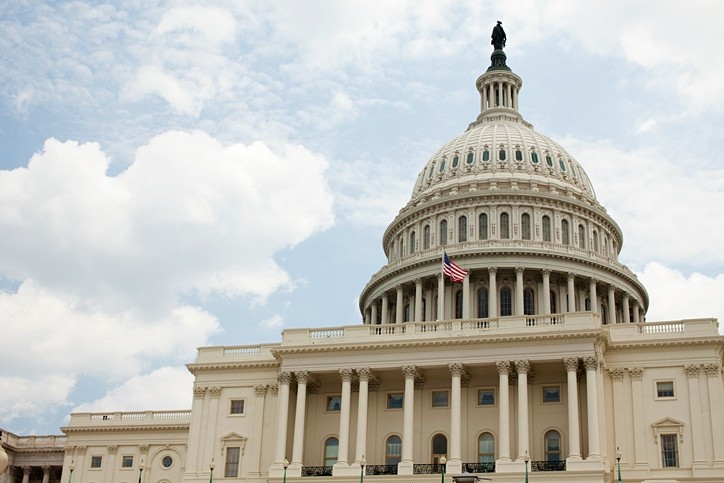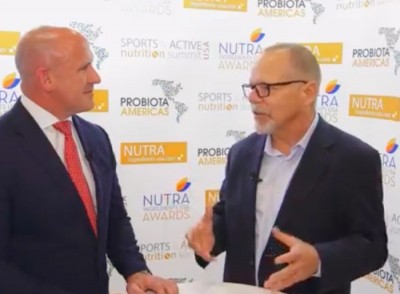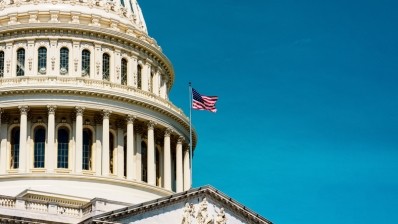MPL language appears destined to be stripped from final FDA fees bill

The bill is a periodic exercise to authorize the US Food and Drug Administration's user fee structure for another five years. FDA collects fees for services in both the drug and medical device sectors and these fees make up a significant portion of the budget for those divisions.
The bill has only rarely included language that addresses the dietary supplement industry, as fees have never been collected in this sector. This year, however, riders were attached to the bill for specific additional regulation of both dietary supplements and cosmetics (another product category where no user fees have been authorized).
The bill is known as the FDA Safety and Landmark Advancements (FDASLA) Act. In the words of the bills’ sponsors, Sen. Patty Murray, D-WA, and Sen. Richard Burr, R-NC, the additional riders were meant to “provide long overdue oversight of cosmetics and dietary supplements.” The bill requires companies to submit labels and other information to FDA before going to market and contains other provisions specific to the supplement industry.
MPL idea has gained some traction within industry
MPL is an idea that has gained some traction within the industry as part of the informal ‘DSHEA 2.0’ discussions regarding how the basic federal dietary supplement regulation might be updated to better match the modern market.
It’s also something that Cara Welch, PhD, head of FDA’s Office of Dietary Supplement Programs, has publicly advocated for on several occasions. She has said having a better idea of what supplements are on the market would improve FDA’s ability to police the industry.
The Council for Responsible Nutrition is one of the trade organizations that has supported the MPL idea. CRN had been working on refining the MPL language in FDASLA to make it something more stakeholders in the industry could support and had reported progress on that front. Time running out before federal funding must be passed
But CRN’s president and CEO, Steve Mister, said time is simply running out for this version of the bill.
“The big problem is the Senate is just running out of legal days on the calendar,” Mister said.
Both CRN and the United Natural Products Alliance said the fees reauthorization is now likely to get attached to a continuing resolution to fund the entire federal government, the kind of stopgap funding mechanism that has become all too common in recent years. Attaching FDASLA to this legislation means that any extras in the bill, such as the supplement and cosmetics provisions, would most likely be stripped out to restrict the bill only to its financial bare bones sans any policy provisions.
UNPA reported to its members yesterday that a vote on the continuing resolution was unlikely for today.
CRN: MPL’s not dead yet
Mister said that if the additional provisions are stricken—something that’s still very much up in the air, he emphasized—that doesn’t mean that’s the final word on the MPL idea for this year. After the November ballot comes the lame duck session, and depending on what happens in the elections, there might be an urgency to get certain policy initiative across the finish line before the window of opportunity closes.
“There is still some very strong interest in doing these other FDA-related things before the end of the session. There may still be a supplemental bill, an omnibus piece of legislation, that will address these issue. If either house were to go Republican the Democrats would recognize that this would be their last chance to get done what they want to do before they lose control of either house,” he said.
MPL foes: Keep your guard up
That’s something that those in the industry who don’t favor the MPL idea need to be aware of, said Michael McGuffin, president of the American Herbal Products Association. AHPA has opposed the MPL idea from the start, and is especially not in favor of its passage in this form.
“Our position has been that this is simply not well thought out and this is not the right vehicle. It should be tacked on as some sort of rider. It deserves the full light of day and public hearings and debate,” McGuffin said.
“The lame duck session that will follow the election always presents an opportunity for mischief and late night deals. We would be naive to think that if MPL is not in FDASLA that it is off the table,” he said.
The Natural Products Association (NPA) is another organization that has opposed MPL. Daniel Fabricant, PhD, the organization’s president and CEO, also urged his members to keep their guard up regarding the upcoming lame duck session. He noted that Sen. Dick Durbin (who introduced his own supplement bill this year and whose proposals were included in FDASLA), made a floor speech yesterday in which he urged the Senate not to drop the supplement provisions.
“We should provide FDA with new authority to protect America's health by better regulating the dietary supplement industry,” Durbin said.









